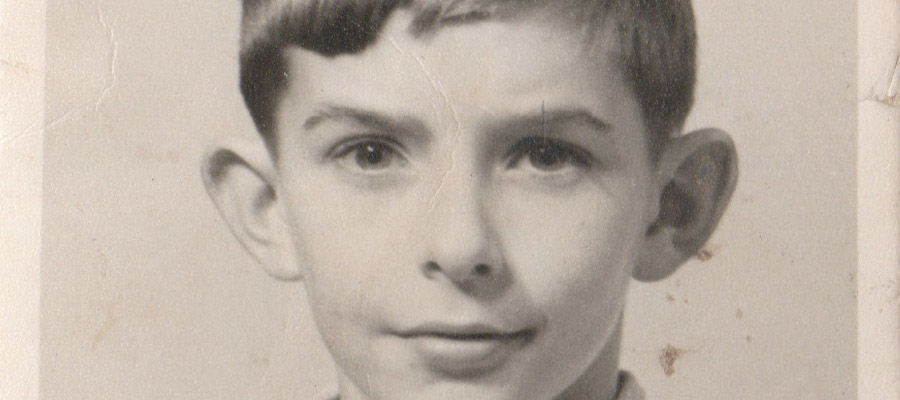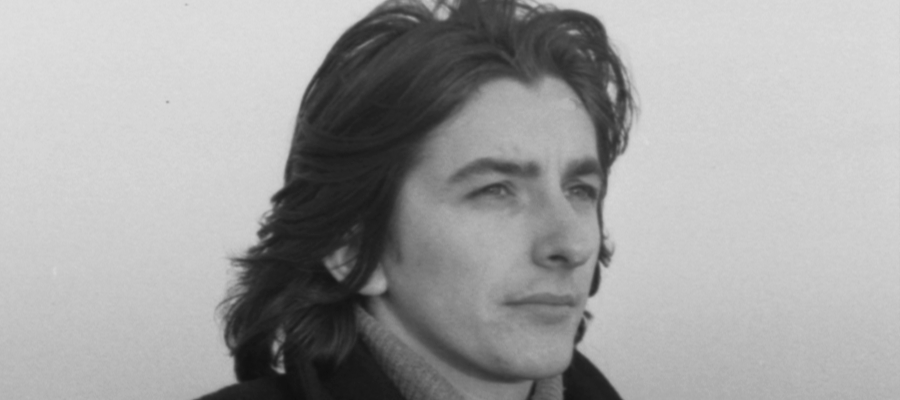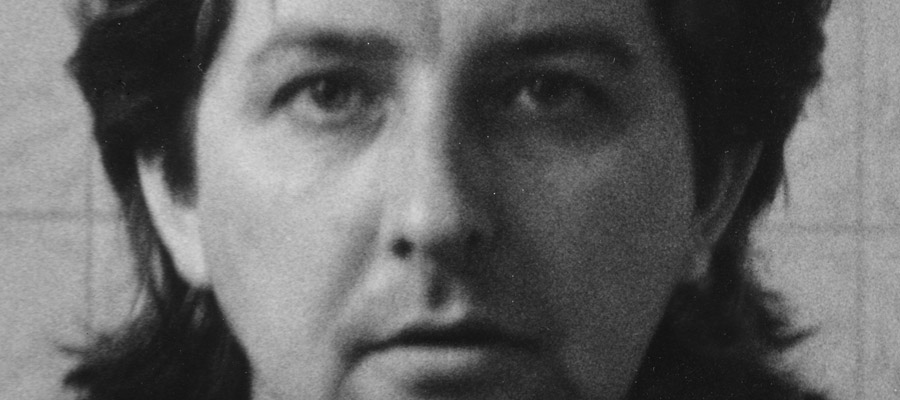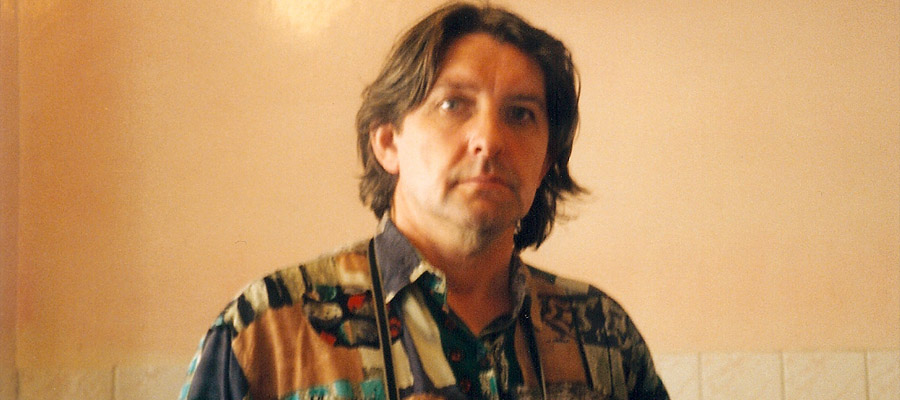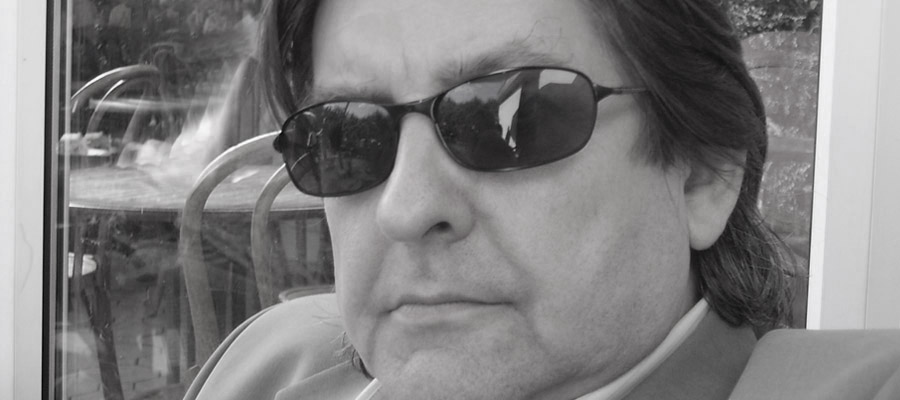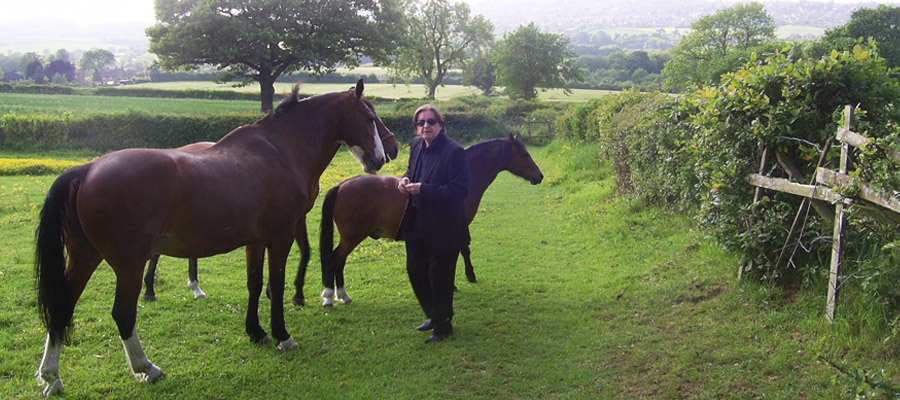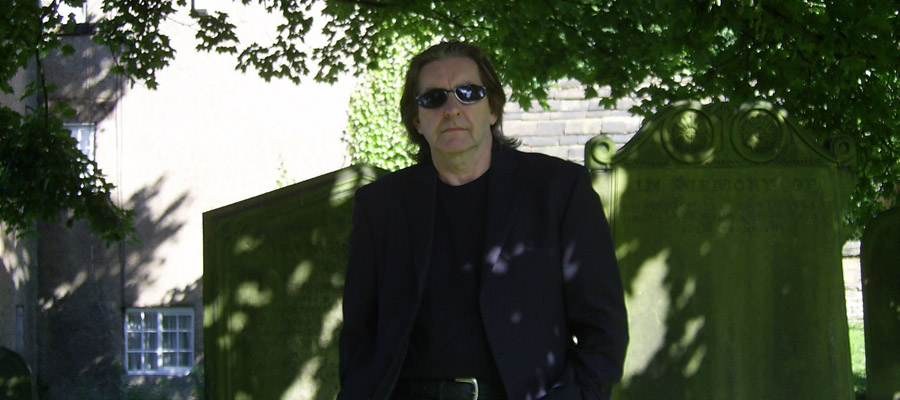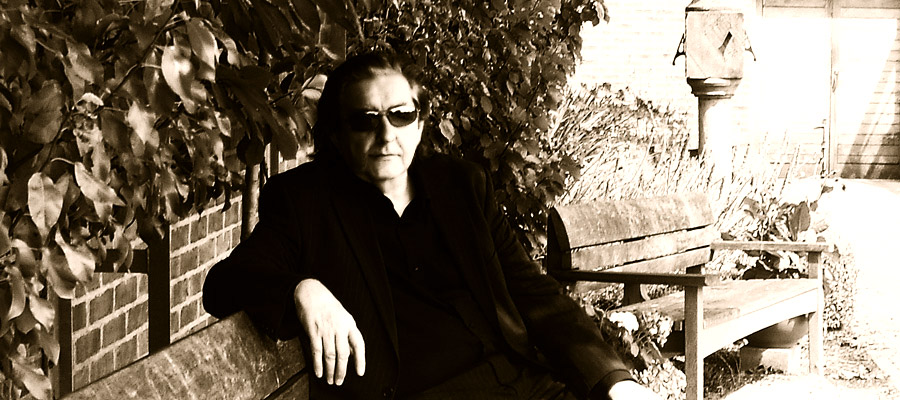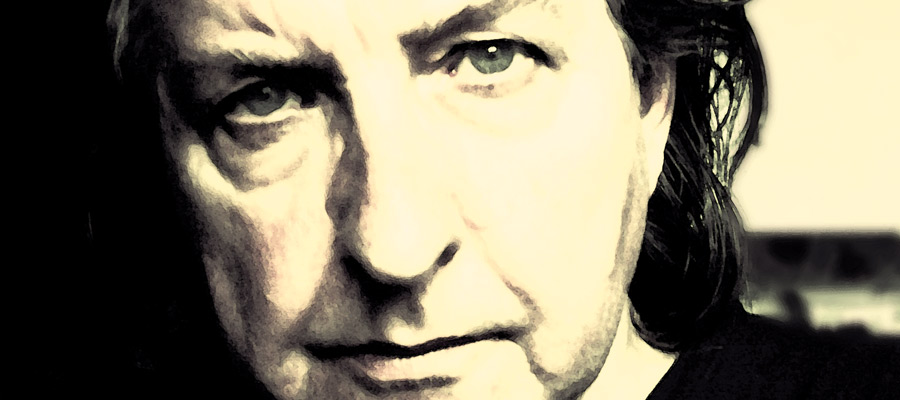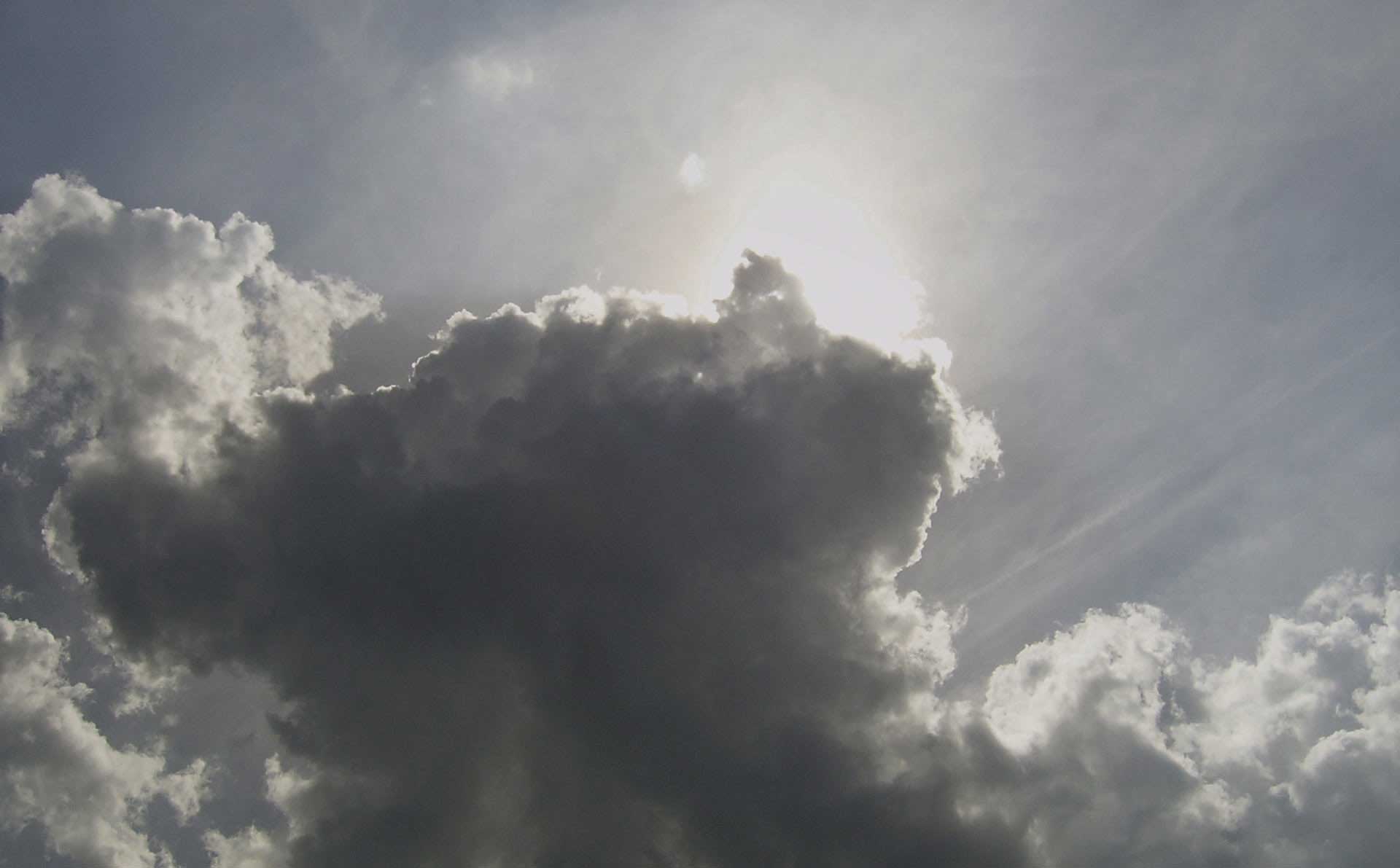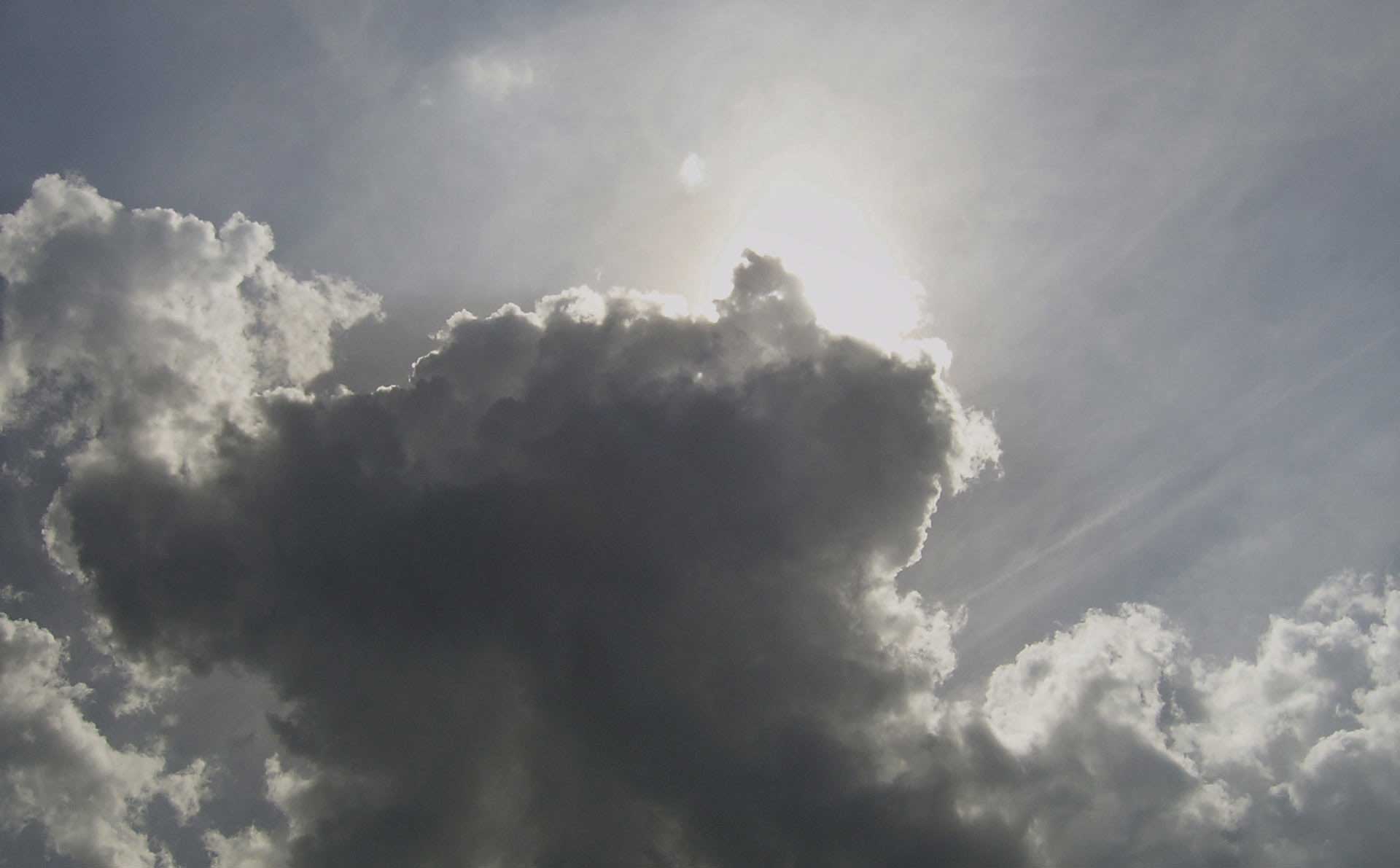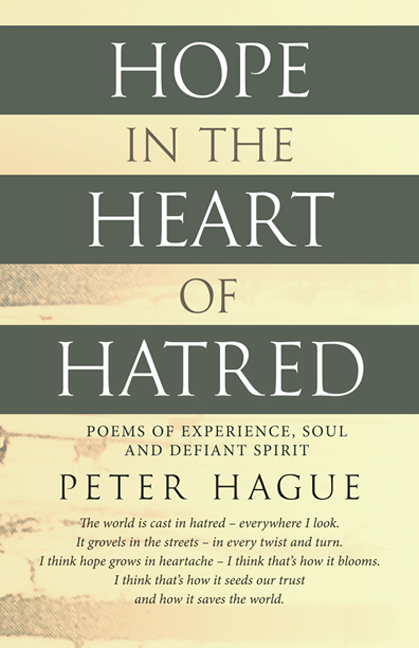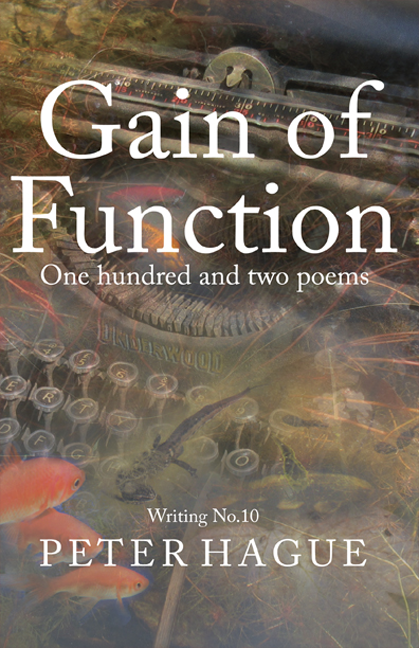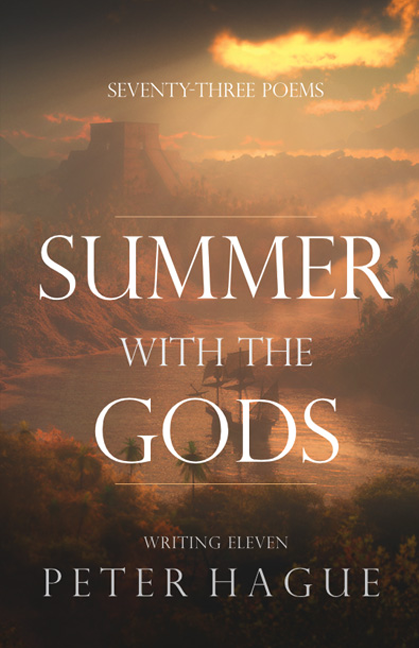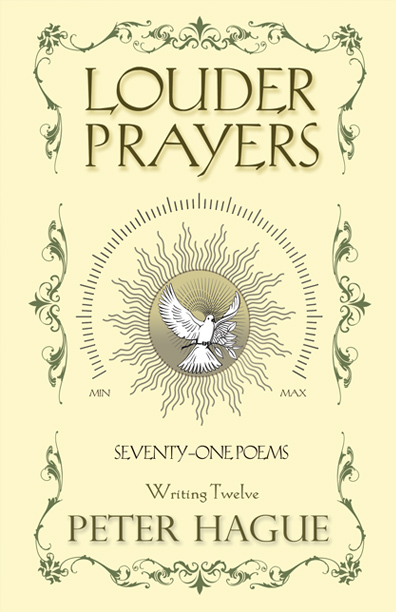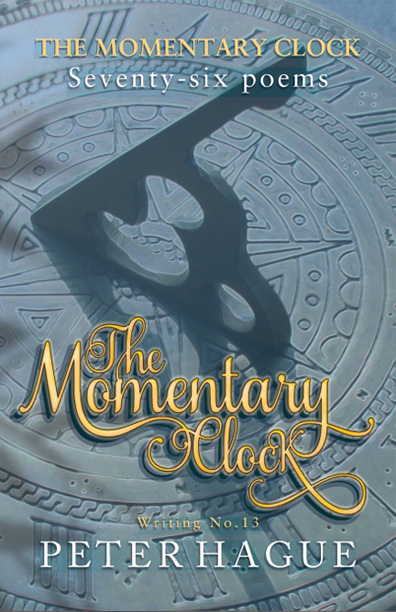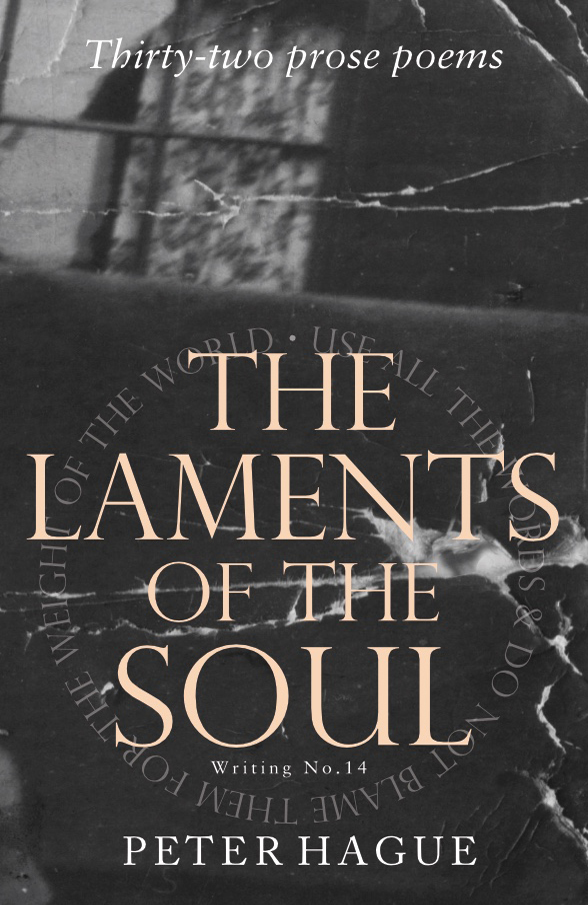One of the first poetic influences that meant anything to me and played a part in my future development as a writer, was finding a book called 'The Energy of Slaves' in a Bristol bookshop, where I was a design student in 1972. I was already aware of Leonard Cohen through his early songs, released towards the end of the 1960s, but I was grateful to find an extra resource for his talent. He had been a published poet since 1955 and had a number of poetry books available. I bought them all, including the two novels.
Reading Cohen's literature gave me the grounding I was looking for. I saw something modern in his poetry that was compelling. I also found him to be an irresistible role model – and for a young man many miles from home and just starting out in life, I needed one – the Beatles and the very British Betjeman had ceased to be enough. Leonard Cohen seemed instantly international, and I realised that if I was going to write poetry, it had to reach out beyond the limiting shores of England. A few years earlier, in 1967, I was given a copy of 'The Mersey Sound' – an anthology of three Liverpool poets featuring the work of Roger McGough; yet I found this too much of a novelty; neither did I want the deadpan English tradition. A better book to have read at the time would have been 'The New Poetry', a selection of more than twenty poets chosen by Alfred Alvarez. It contained the outstanding work of Robert Lowell, Anne Sexton and Sylvia Plath, all of whom I caught up with later. It also included Philip Larkin, Britain's last truly great poet; there was also Geoffrey Hill.
T. S. Eliot was my next important influence. He took me through the next stage of my literary education, the pursuit of which had become my life. In fact, I spent the next seven years writing and studying poetry until the end of the 1970s when I needed a job with more stable prospects. I returned to my original subject: art and design – and unfortunately for my budding writing career, I was too successful in the world of visual arts and soon promoted to the position of creative director, working in the field of advertising design and marketing – an unusually gregarious role for me, who previously tended towards being a recluse. I was good, though – I was 'out there' – I was locally famous in my field of work, but apart from some copywriting, this role took me away from my literary adventure, although I did managed to find time for some poetry and even music to a lesser degree.
By the nineties I was working as a freelance designer, which gave me much more time for my own work and also better suited my natural disposition as a loner. By then, I had written four books of poetry plus two epic poems. Hardly any of this was presented for possible publication though, and I can never quite find an answer to the question why? It never quite seemed to be the plan. Most people, as now, were writing individual poems and trying to get them published. I was more interested in publishing my books in their entirety – and also the epic poems in full, which were all produced as individual experiences. It was a very artistic concept of presentation rather than just a bunch of collected poems; it was 'the music of me'. Of course, there was no chance of my extended efforts seeing the light of day, and they spent the passing years gathering dust and personal anguish in attic-bound boxes – never too far from my side. Or maybe the truth is that I, as a very private person, thought I could not live up to the challenge of becoming the embodiment of the 'emerging poet' these poems were written by. I had great confidence in my writing, but perhaps less so in myself – the glory days of being creative director had washed off, leaving some stains on the soul – and if you are going to offer poetry, you have to offer all of yourself, including your soul. Some of that anguish can still be found embedded in my recent work.
(Continued…)

